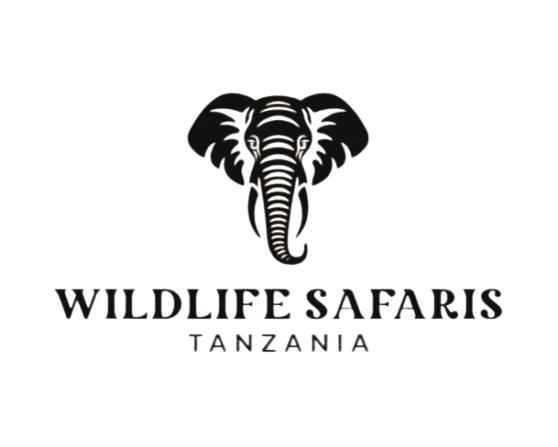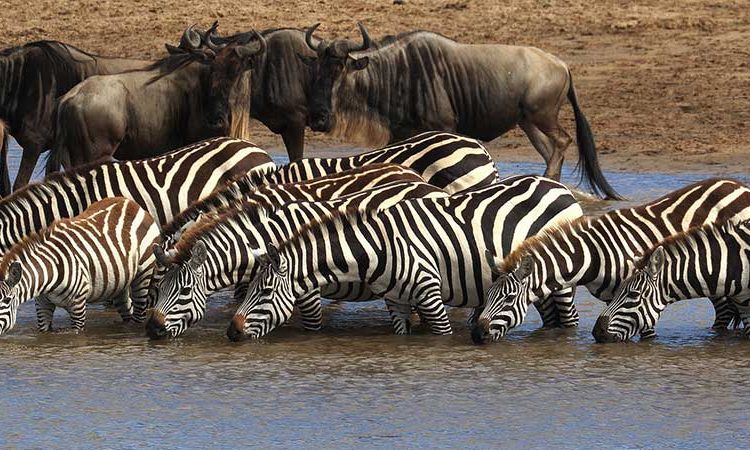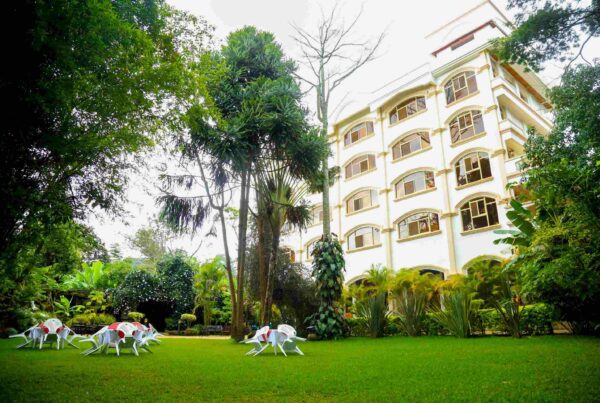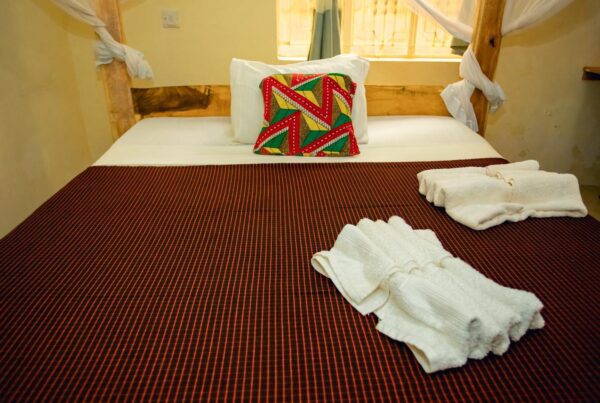What Should You Know Before Traveling to Tanzania?
Traveling to Tanzania for a safari is a decision that will change your life. You will always have a great time in this magnificent country, whether your goal is to climb Kilimanjaro or see natural wonders like the Serengeti’s wildebeest migration. However, what should you know before visiting this nation in East Africa? We go over a few things you should know both before and during your Tanzanian safari.
Tanzanian admission requirements
Three papers are needed in Tanzania: evidence of yellow fever vaccine, a passport, and a visa. Additionally, you could require an insurance coverage. Below, we describe each certification.
• Passport: In addition to having at least two blank pages for stamps, your passport must be valid for at least six months.
• Tanzania Visa: Starting your online application at least one month beforehand is the recommended course of action.
• Proof of immunization against yellow fever: This criterion is applicable to travelers arriving from or departing from a nation where yellow fever is a concern.
• If you want to visit Zanzibar during your trip, you must have travel insurance from Zanzibar Insurance Corporation (ZIC).
The ideal time of year to travel to Tanzania
What you wish to encounter will determine the ideal timing. The ideal time to travel to Tanzania is always during the lengthy dry season, which runs from June to October. You have plenty of time to go on excursions. Highlights of the protracted dry season include the following:
• Because of the clear sky, steady weather, and dry hiking routes, this is the ideal time of year to climb Mount Kilimanjaro. • The Great Migration peaks in July and August when the herds begin crossing the massive Mara River.
• Zanzibar experiences cooler temperatures, calmer winds, and less rainfall from June to October, making it the ideal time of year for a wildlife safari. This makes beach experiences very unforgettable.
The ideal time to travel to Tanzania is also during the brief dry season, which runs from December to mid-March. The highlights of the brief dry season are listed below.
• In just two months, over 500,000 calves are born during the calving season in the southern Serengeti. Hundreds of thousands of babies and many predatory activities may be seen. • This is the ideal time of year to hike Kilimanjaro because there aren’t any people. After a few November rains, the route becomes more picturesque, and there is unparalleled game watching. Photographic possibilities abound on the picturesque terrain and dry pathways.When migrating birds settle in the woods to nest, birdwatching becomes even more beneficial.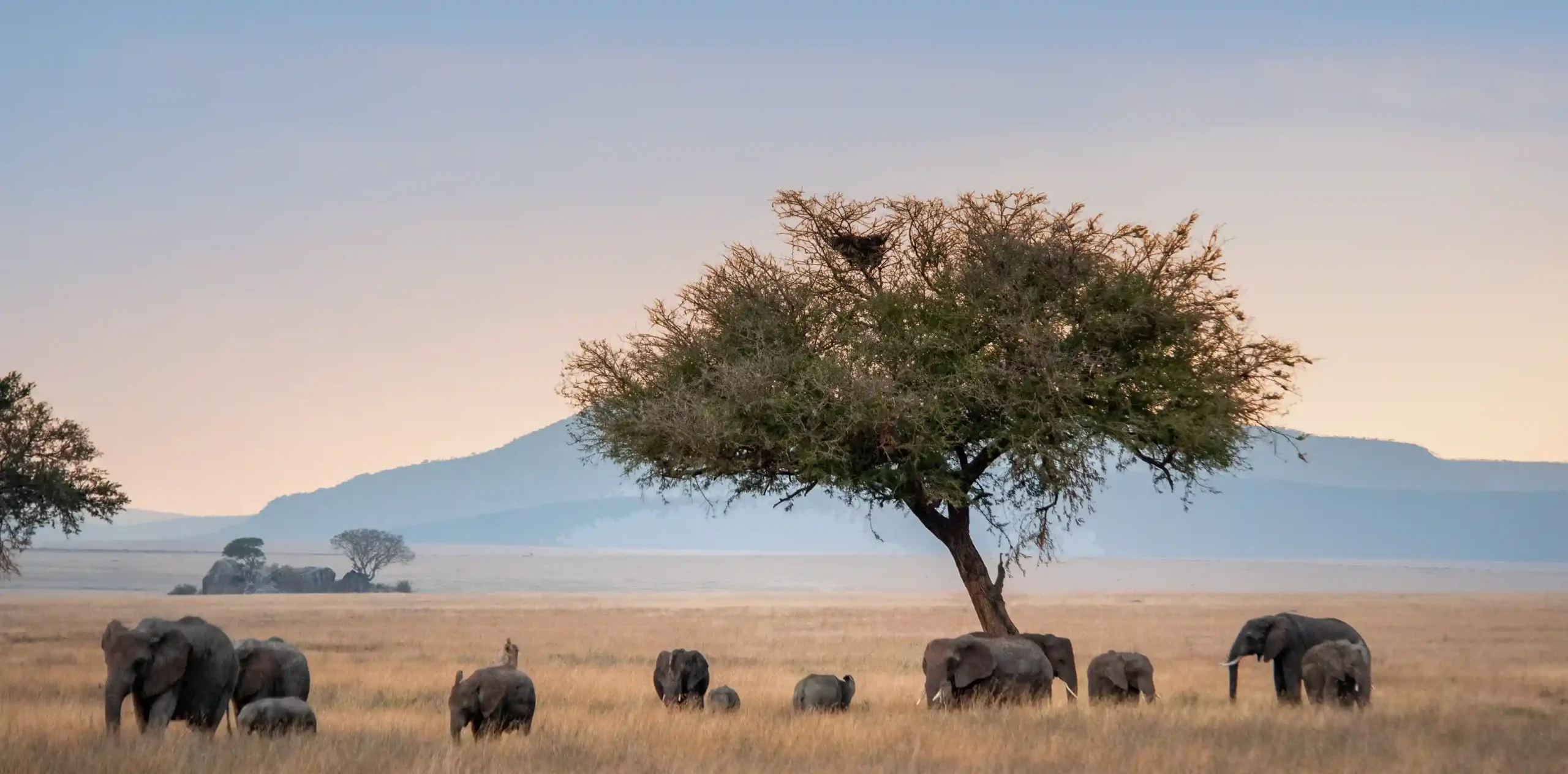
Stay safe when on safari in Tanzania.
Your top priority should be keeping yourself safe. Tanzania is renowned for its hospitable cultures and peaceful political climate, making it a secure safari destination. However, in densely populated cities and towns, crimes can occasionally be seen. The good news is that the main targets are not tourists. Here are some tips for being safe on a safari in Tanzania.
• Don’t go alone at night in remote locations; instead, leave your belongings in the hotel safe before entering busy destinations like marketplaces, transit hubs, and beaches.
• Use reliable transport cars at all times, or make online requests using sites like Bolt.
• Unless instructed to do so by the guide, stay inside the safari vehicle when in the bush.
• If you sense that something is amiss, leave. Most likely it is.
Health
It’s crucial to be vaccinated before visiting Tanzania. However, we advise you to consult a physician for advice before proceeding. We advise being vaccinated against COVID-19, cholera, typhoid, hepatitis, and TB. As previously stated, anybody entering or traveling through a nation where yellow fever transmission is a danger must have a yellow fever vaccination.
Health advice: Steer clear of tap water at all costs. Contamination is frequent.
When visiting locals, eat food that has been prepared properly.
• Steer clear of swimming on dangerous beaches, such as those near Lake Victoria.
• Before eating, always wash and peel fruits.
• More significantly, remember to pack insect repellent.
Culture
Most Tanzanians are conservative, particularly in Zanzibar and along the coast. Therefore, it’s crucial to show them some respect, particularly when you’re paying them a visit. Here are some pointers:
· When visiting homes or places of worship, wear modest clothing.
• Don’t take pictures of people or structures without their permission.
• Avoid taking pictures of military structures at all costs.
• Use courteous language, particularly when speaking with senior citizens.
• Acquire some Swahili vocabulary, such as Kwaheri (goodbye), Asante (thank you), and Jambo (hello).
Currency and money
Credit cards, not debit cards, are accepted in Tanzania. Having some cash on hand might be useful for settling some transactions, such village taxes, gratuities, and market purchases of decorations and souvenirs. Verify that the notes you are using are not older than 2006.
Last word.
Ahead of your safari in Tanzania, you now know something. The next step is to begin organizing your ideal journey. In just a few minutes, our safari planners can create your itinerary. Give us a call, please.
